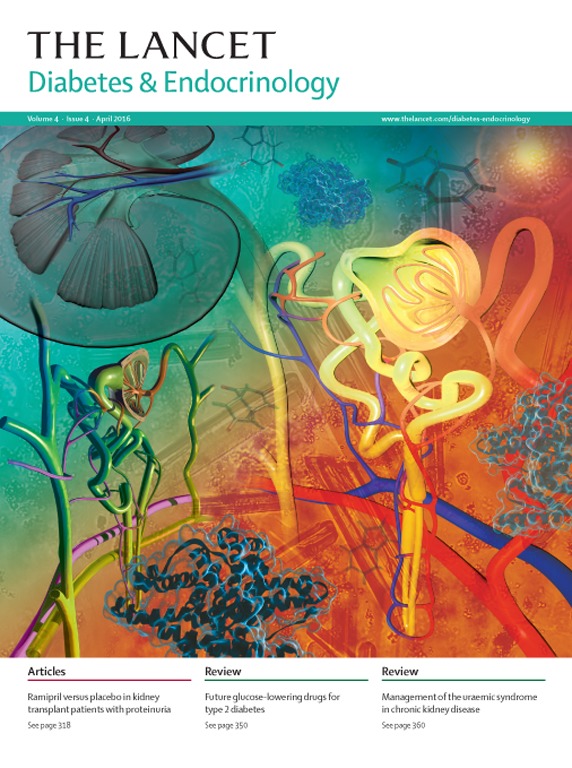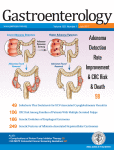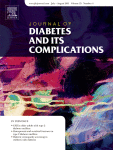 Six months ago, the media was ablaze with the findings of a new paper, showing that nearly six percent of cancer cases are caused, at least in part, by obesity and diabetes. But this week, the journal retracted that paper — and replaced it with a revised version.
Six months ago, the media was ablaze with the findings of a new paper, showing that nearly six percent of cancer cases are caused, at least in part, by obesity and diabetes. But this week, the journal retracted that paper — and replaced it with a revised version.
The new paper doesn’t change the main findings much — the share of all cancers attributable to diabetes and obesity changed from 5.6% to 5.7%, which wouldn’t change any headlines about the original paper. But soon after the paper was published, a group of researchers noticed the authors’ mistake — which was significant enough to prompt the journal to retract the paper entirely, and swap it with a new one.
According to first author Jonathan Pearson-Stuttard at Imperial College London:






 A diabetes journal has issued two notices of concern for papers co-authored by a researcher who took another publisher to court after it did the same thing — but
A diabetes journal has issued two notices of concern for papers co-authored by a researcher who took another publisher to court after it did the same thing — but  A diabetes researcher who once sued a publisher to prevent several retractions has just issued his 12th.
A diabetes researcher who once sued a publisher to prevent several retractions has just issued his 12th.